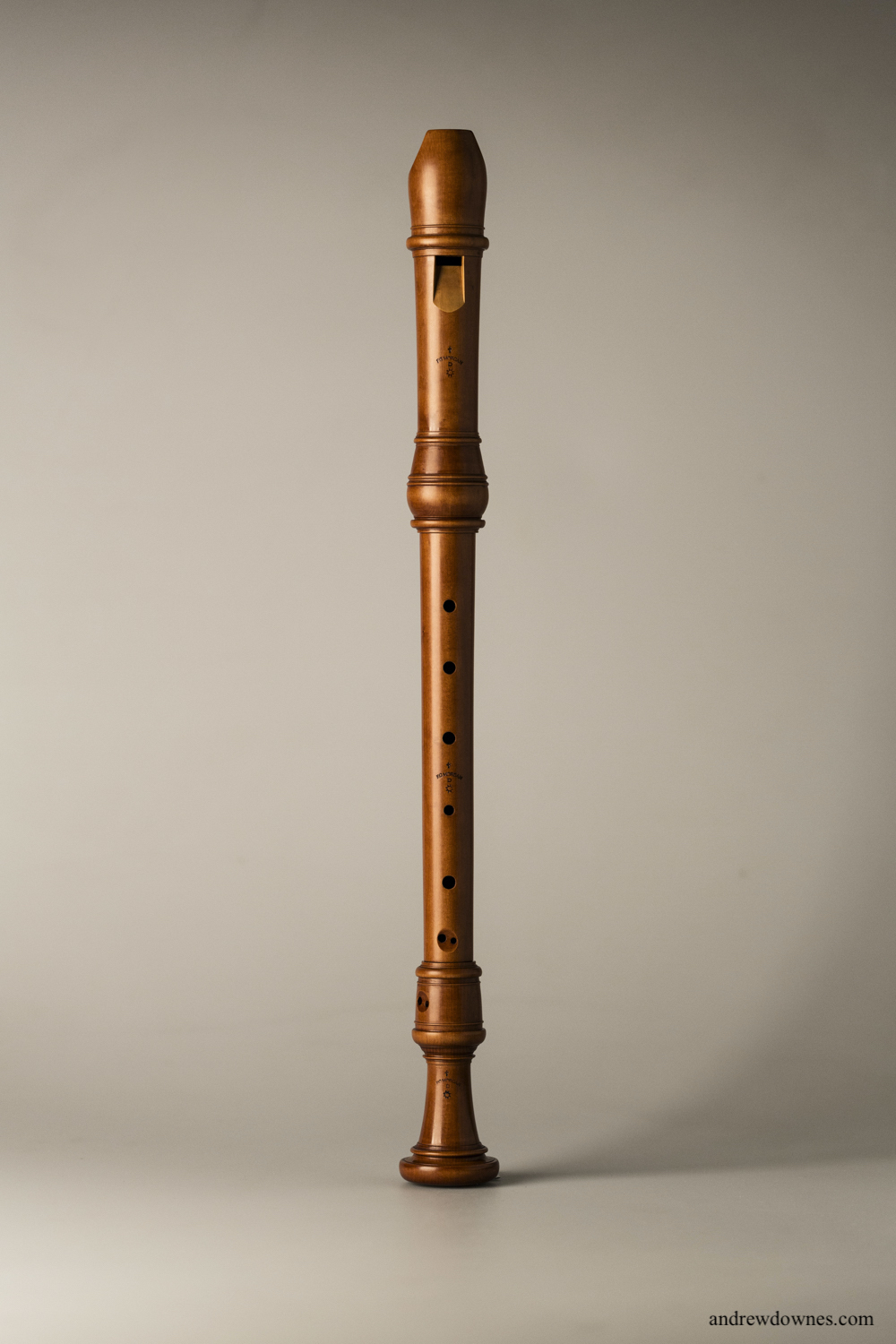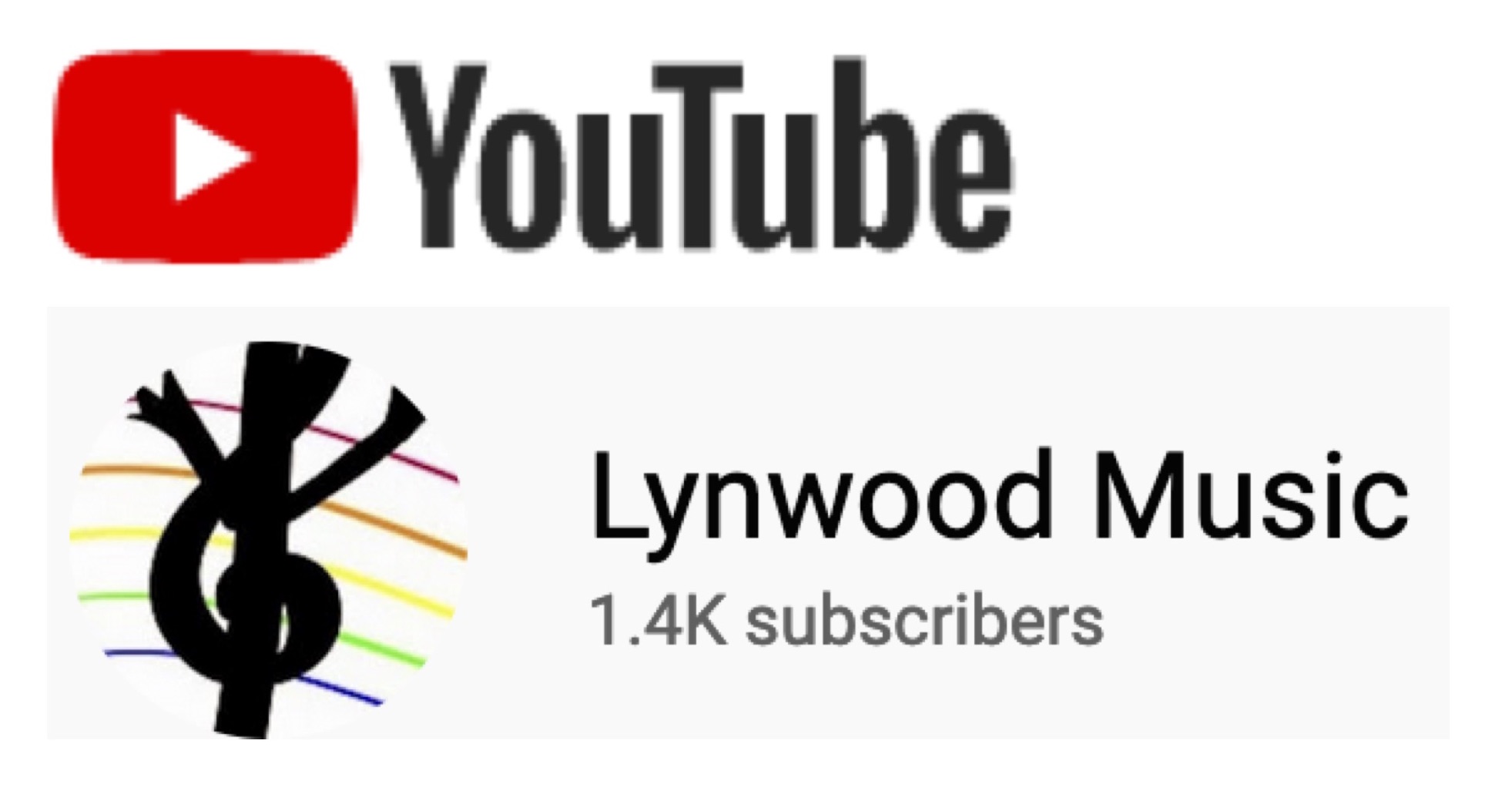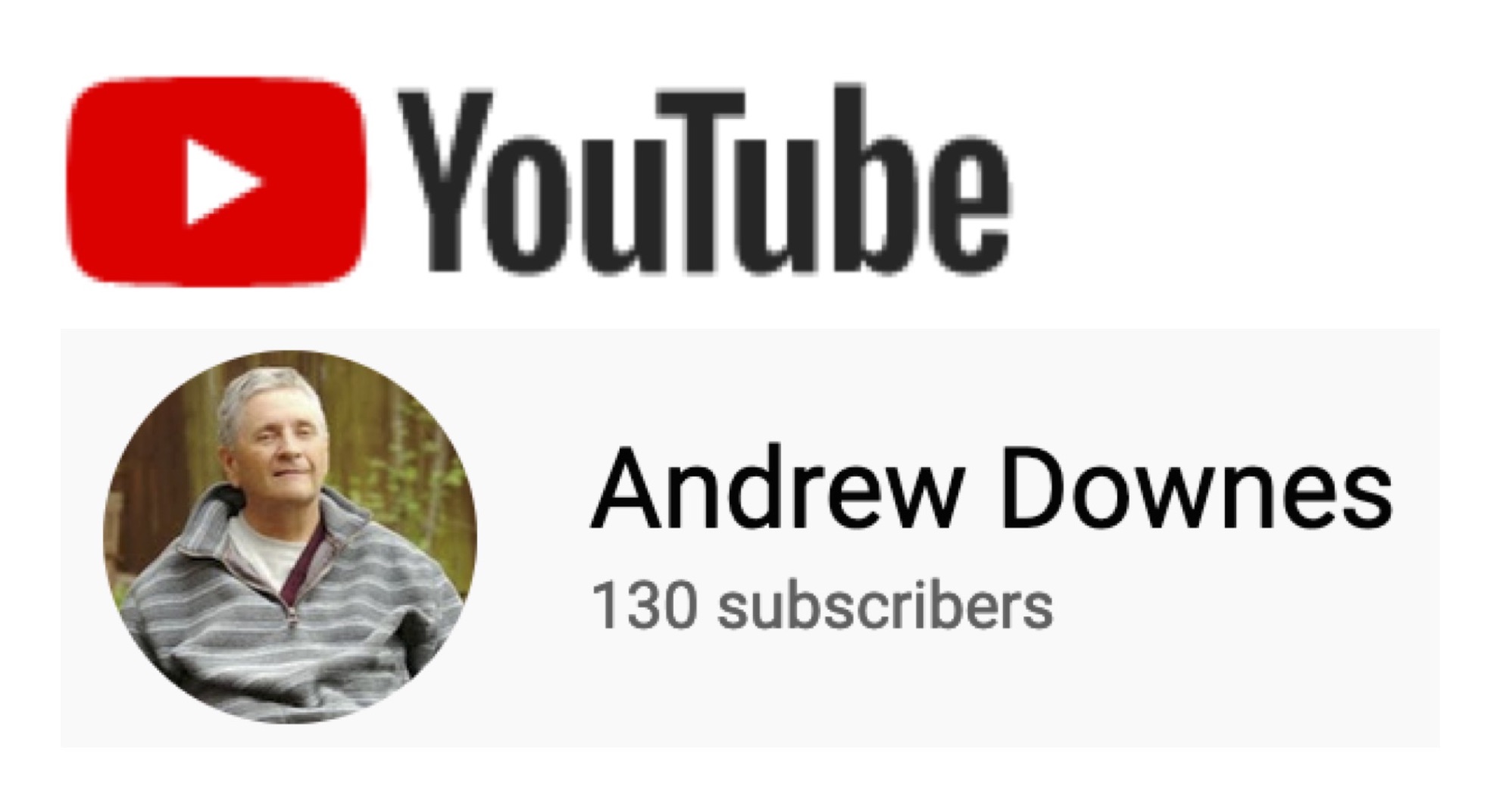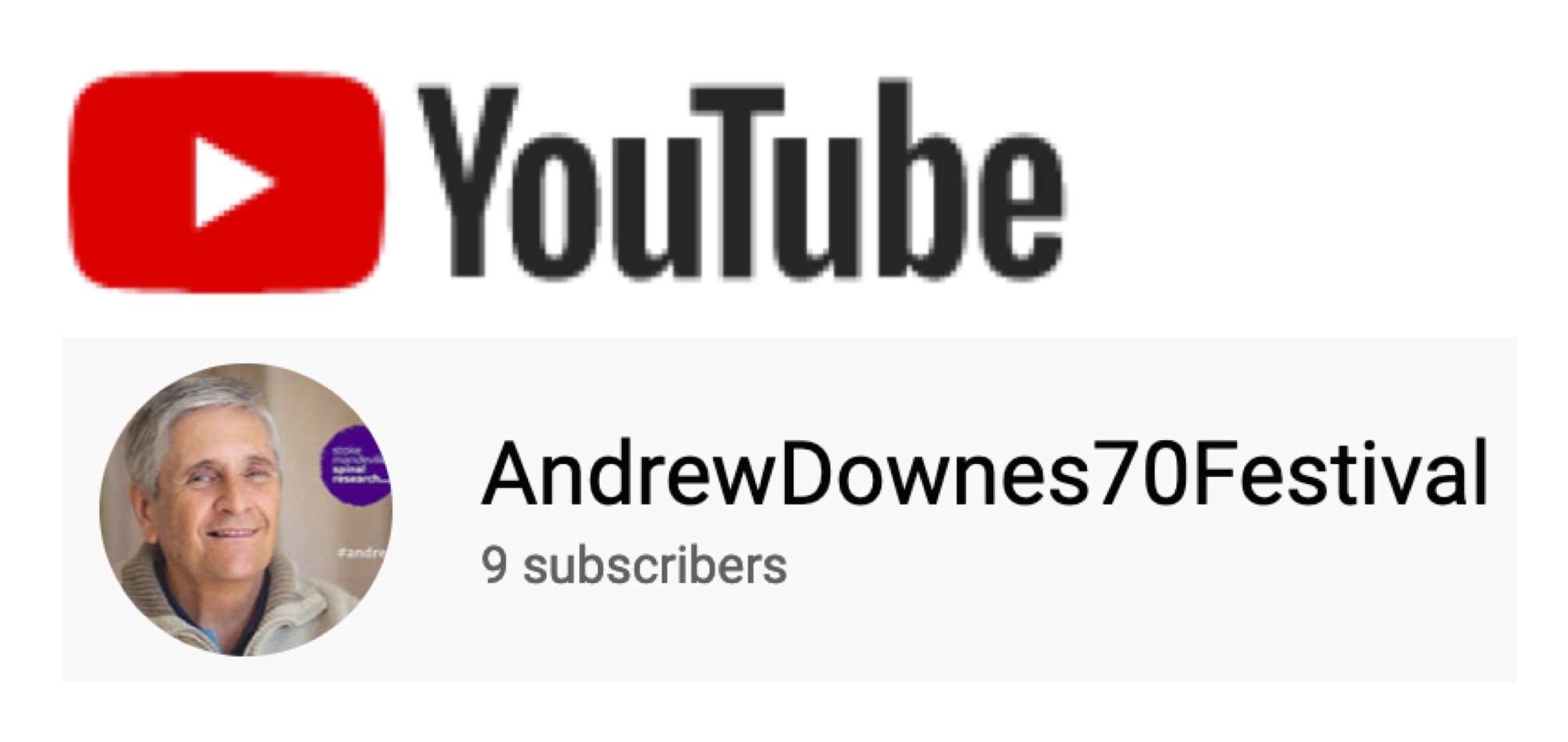Programme Note:
CONCERTO FOR EAGLE
TREBLE RECORDER AND STRING ORCHESTRA
Follow Cynthia Downes on Instagram to keep up-to-date with her blog posts.
Opus 109 (2017) 20'
This work was specially composed for internationally acclaimed recorder player James
Risdon, who gave the first performance with the Czech Virtuosi, directed by Ondrej
Vrabec, in the Spanish Hall, Prague Castle, Czech Republic, on 3rd
December 2019. More info and sheet music

Photo by Óscar Romero
Programme Note by James Risdon:
The recorder’s place as soloist at the front of the orchestra is now firmly re-established. Each year brings new commissions and premiers with music inspired byeverything from the Middle Ages to rock and folk. Interestingly, the recorder has shown itself to be a versatile and appealing solo instrument despite never gaining a regular foothold inside the orchestra.
The concerto by Andrew Downes dates from 2017 and came in response to a request from recorder player James Risdon. It is set in three movements, scored for alto recorder and small string orchestra and lasts around 20 minutes. It is the first concerto Downes has written for recorder, though his output includes concerti for such diverse forces as two and four pianos, guitar and electric bass and native American flute.
Downes’s treatment of the recorder is, at first glance, perhaps rather conservative: There are none of the extended techniques or virtuosic pyrotechnics that have become a feature of the contemporary recorder concerto; neither does he require the performer to switch recorders. Instead, Downes turns to the recorder’s tonal qualities and historic associations for inspiration. But this is no pastoral lightweight or Baroque pastiche. Neither are the demands on the instrument or player diminished: The concerto makes few allowances for the recorder’s perceived limitations of range or dynamics, idiosyncrasies or imperfections; Some of the passagework soars high into the treacherous third octave, while the long sustained melodic lines require the most pure and controlled tone possible. The writing exploits the recorder’s traditional identity of flauto dolce, or soft flute, this time in a contemporary setting.
Overall, the concerto is introspective and reflective in mood, the tone set by the recorder’s rather ominous solo plaint which opens the work. This is launched by the beating pulse of the strings into a more lively and flowing melody, set in the distant tonality of G sharp minor. The recorder climbs inexorably to almost its highest possible note in what feels like an attempt to demonstrate its agility and prowess. But this cannot be sustained and just as things start to boil over, Downes takes the
heat out of the music. This is a pattern that repeats throughout all three movements. Time and again infectious dance tunes or snappy syncopations emerge and take hold, only to dissipate. It is as though these energetic outbursts are but a momentary lapse in the music’s natural state of stillness and serenity.
The middle movement quotes a medieval saltarello, here suffused with a heat haze of string chords. There are some delightful moments of counterpoint before the raw energy of this dance tune takes hold. The string writing in particular, as well as the blurring of old and new is at times reminiscent of Vaughan Williams.
The third movement opens with a jaunty modification of this tune, again set over a beating pizzicato pulse with witty and percussive interjections of the lower strings. There is an infectious joy to this music, perhaps even a childlike innocence in the way the recorder and strings take turns to lead the tune into different keys, play chase and argue about where next… Yet the juxtaposition of the playful melody and slow, languid episodes is even more apparent than before. Where most composers might ratchet up the tension, launching the soloist into a dizzying climax, Downes gradually draws the music into itself, achieving the most exquisite sense of closure and completeness.
It is as though eight hundred years of music has been distilled into twenty minutes of kaleidoscopic timelessness. Along the way, there are discernible influences of Gregorian chant to medieval dances, Renaissance polyphony to Baroque counterpoint, all of which are important cornerstones for Andrew Downes. The recorder is surely the only instrument that could so effortlessly inhabit all these sound worlds authentically.
Performer’s note by James Risdon:
It is perhaps a cliché to talk of music taking the listener on a metaphorical journey. Yet, with its profusion of melodies and ideas that come one after another, this piece has a forward momentum that rarely looks back. Over the course of the three movements, there is a transition from tension to resolution, chaos to peace, darkness to light. This is music with a soul; captivating and immensely moving. In a world that is increasingly frenetic and time-bound, this concerto manages to find a
calmness and stillness that I find restorative and life-affirming. There are moments when time itself seems to be suspended. Yet, at other times, the piece is alive with pulsating energy, rhythmic playfulness and vitality.
The premier of this concerto was given in the opulent surroundings of the Spanish Hall in Prague Castle with the Czech Virtuosi conducted by Ondrej Vrabec. Though far from its English routes, Ondrej has been a long-time exponent of Andrew’s works, both as horn player and conductor.
I am very honoured to have had this concerto written for me. Andrew was not only a gifted composer with a distinct voice, but one of the kindest and most generous musicians I have had the privilege of meeting. Though circumstances meant we were regrettably never to meet in person, I shall for ever cherish our phone calls and the support and encouragement Andrew gave me.
James Risdon
April 2023
James Risdon \ Bio
“Risdon communicates the solo recorder’s sonority, versatility and
virtuosity brilliantly.”
The Recorder Magazine, Autumn 2016.
James has had an almost lifelong fascination with the recorder. His
formal studies were with the late Alan Davis and subsequently with
Rebecca Miles. He gained his LRSM with distinction in 2011 and in the
same year was placed runner-up in the international competition for
blind musicians at the Jan Dale Conservatoire in Prague.
His repertoire and work span the Middle Ages to ‘wet on the page’ with
several dedications, commissions and compositions to his name. His
album Echoes of Arcadia is typical of his eclectic tastes, plotting the
recorder’s history from the pleasure garden to the mountain valley,
ethereal to electronic.
James is a founder member of the British Paraorchestra, directed by
Charles Hazlewood with whom he performed at the closing of the 2012
Paralympic Games with Coldplay. More recently, James features in the
Paraorchestra’s debut album ‘The Unfolding’ by Hannah Peel. Released
on Real World Records, it briefly topped the classical charts in April
2022. Other highlights have included appearances at the Wales
Millennium Centre, London’s Barbican and Birmingham’s Town Hall and
Symphony Halls in projects with Brett Anderson of Suede, Extraordinary
Bodies and the CBSO.
James is also recorder player with RNS Moves, an ensemble of musicians from the Royal Northern Sinfonia and musicians with disabilities. Their work includes arrangements of Bach, Vivaldi, Shostakovich and Bartok as well as contemporary works by Joe Cuttler, Sally Beamish and Kate Whitley among others.
A highlight of 2023 is the recording of the exquisite concerto written for
him by Andrew Downes with the Central England Camerata under
Anthony Bradbury.
James has a passion for creating recital programmes to introduce the
recorder to new audiences. He has performed at King’s Place and St.
Martin-in-the-Fields and The Handel House Museum in London, as well
as countless festivals, churches and other venues across the UK and
beyond. In 2015 he made his debut appearance at the Wigmore Hall with theorbo player Matthew Wadsworth in a concert celebrating the
Elizabeth Eagle-Bott memorial fund which supported James’s studies.
He has appeared as soloist with the Czech virtuosi, London Musici
alongside Piers Adams and Devon Baroque under violinist Margaret
Faultless. More unusual engagements have included the Bath & West
showground for a staging of Britten’s Noyes Fludde, a pod on the London Eye and a performance for the Japanese government in Soporo.
James has a particular interest in memorising music. He has devised
workshops on the topic for the Woodhouse Recorder Course, Birmingham Conservatoire, The Eton Parry society and the Easter Recorder Course.
Away from the recorder, James spent nearly a decade as the Music
Officer at RNIB where he supported blind musicians through education,
employment and leisure. In 2017, he joined ABRSM where he is now the
Access Lead, responsible for ensuring fair access to ABRSM exams and
is an active voice in ABRSM’s broader work on diversity and inclusion.
He represented Great Britain in the 1996 Paralympic Games in the team
sport of goalball, and he is a seven times national champion.
Away from the recorder, James also enjoys cricket, stand-up comedy,
reading, coffee and railway travel. He lives in London with his wife and
daughters.
www.jamesrisdon.co.uk
© James Risdon 2023
If you have performed in any of Andrew Downes' works or come to listen, please share your experiences in the Premieres Blog! Also see what others have said. Thank you so much for your contribution.


